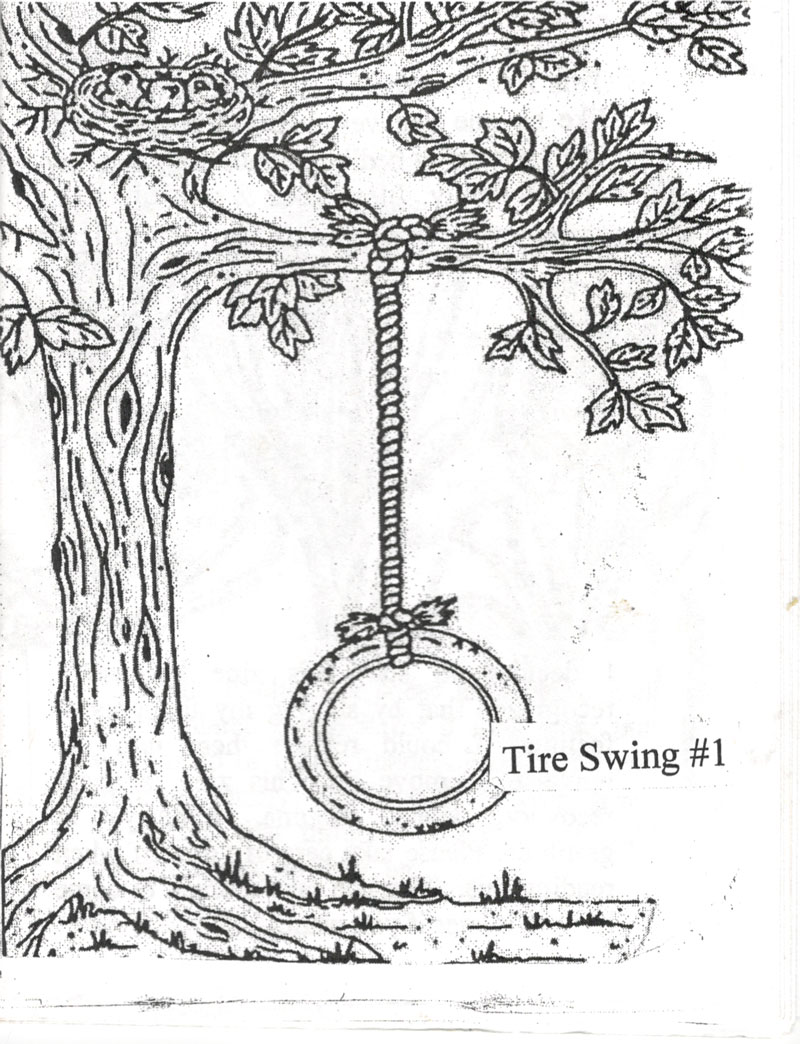 Perzine, issues #1-3, genderfuked@gmail.com, $3
Perzine, issues #1-3, genderfuked@gmail.com, $3
It’s always interesting and kind of amazing to see the way the perzines evolve from issue to issue, taking on different formats and topics but maintaining a clear sense of identity and in the best cases, purpose. Tire Swing is one of those best cases. Creator Yasmeen’s courage and honesty course through each of these zines even as each takes up different topics. The first tells the story of addiction and becoming sober, asks how they can talk about misogyny in their life without baiting Islamophobes, assault at hardcore shows and more. By the second issue, the sections become sparser and more focused — talking about being sober during patio season, crying, being poor and their relationship with their father. But the most important and deeply intense of these first three issues is #3, which is written in the second person to the author’s brother, who committed suicide a few months before the zine’s creation. It’s devastating to read of course, but feels particularly poignant after having peered into the family and interpersonal dynamics of Yasmeen’s life in the first two issues. It is also an utterly poetic and brave admission of loss, sorrow, and strength. I felt like I had been punched in the gut after I read it, but I am also so grateful that I did. (Jonathan Valelly)
